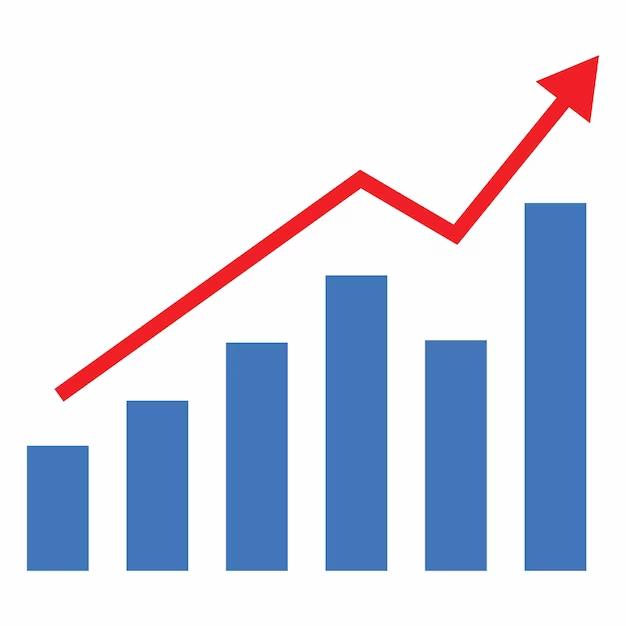Nigeria expended a total of $2.86 billion on servicing its external debt in the first eight months of 2025, representing 69.1 per cent of the country’s total foreign payments during the period, according to international payment data released by the Central Bank of Nigeria (CBN) on Wednesday.
This compares to $3.06 billion spent on external debt service in the corresponding period of 2024, which made up 70.7 per cent of total foreign payments amounting to $4.33 billion. Despite a reduction of $198 million in absolute debt service payments year-on-year, the data reveals that debt servicing continues to dominate Nigeria’s foreign exchange outflows, with nearly seven out of every ten dollars spent abroad allocated to debt obligations.
A month-by-month analysis underscores the erratic nature of Nigeria’s external debt repayments. In January 2025, the country spent $540.67 million on debt service, slightly below the $560.52 million recorded in January 2024. February 2025 saw a marginal drop to $276.73 million from $283.22 million in February 2024.
READ ALSO: Nigeria’s debt service rises to 4.1% of GDP in 2024 – AfDB Report
However, debt servicing spiked in March 2025 to $632.36 million — more than double the $276.17 million spent in March 2024 — marking a 129 per cent increase. April 2025 also saw a significant rise to $557.79 million, up 159 per cent from $215.20 million in April 2024.
This upward trend reversed in May, with payments falling sharply to $230.92 million, a steep 73 per cent decline from $854.37 million in May 2024. In June 2025, the country paid $143.39 million, almost triple the $50.82 million spent in June 2024.
July 2025 saw another drop to $179.95 million, compared with $542.5 million in the same month of 2024, a decline of 66.8 per cent. By August, debt service payments rose again to $302.3 million — an 8 per cent increase from $279.95 million in August 2024.
The figures also highlight significant month-to-month volatility in 2025. Nigeria started the year with $540.67 million in January, which then dropped by 48.8 per cent to $276.73 million in February. In March, payments surged 128.5 per cent to $632.36 million, before declining again in April by 11.8 per cent to $557.79 million.
The downward trend continued in May, with payments falling to $230.92 million, a 58.6 per cent drop from the previous month. June decreased further to $143.39 million, before a modest rebound in July to $179.95 million and a sharper rise in August to $302.3 million — a 67.9 per cent month-on-month increase.
READ ALSO: Nigeria’s external debt servicing hits $1.08bn in Q4 2024
The dominance of debt service within Nigeria’s international obligations is stark. Between January and August 2025, $2.86 billion of the $4.14 billion in total foreign payments went to debt servicing. In the same period of 2024, $3.06 billion out of $4.33 billion was allocated to the same purpose.
Though the country spent less on debt service this year, the proportion remains alarmingly high, underscoring Nigeria’s ongoing struggle to balance foreign obligations with essential imports and investments.
Credit rating agency Fitch Ratings has projected that Nigeria’s external debt service will rise from $4.7 billion in 2024 to $5.2 billion in 2025. This includes $4.5 billion in amortisation payments and a $1.1 billion Eurobond repayment due in November.
Fitch recently highlighted a minor delay in the payment of a Eurobond coupon due on 28 March 2025, pointing to persistent issues in public finance management. While the agency considers Nigeria’s debt service “moderate,” it warned of mounting pressures from high interest costs, weak revenue generation, and constrained fiscal space.
The agency expects general government debt to remain at approximately 51 per cent of GDP in both 2025 and 2026. However, it flagged concerns over the country’s revenue performance, with interest payments projected to consume a substantial portion of government income.
“We expect general government revenue-to-GDP to rise but to remain structurally low (averaging 13.3 per cent in 2025–2026), largely accounting for a high general government interest/revenue ratio, above 30 per cent, with the Federal Government interest/revenue ratio of nearly 50 per cent,” Fitch stated.
Nigeria’s continued high dependence on external borrowing, combined with a weak revenue base and limited fiscal room, places the country in a vulnerable position. With rising debt servicing costs and persistent economic challenges, experts warn that urgent structural reforms are necessary to prevent a deepening of the country’s debt burden.



